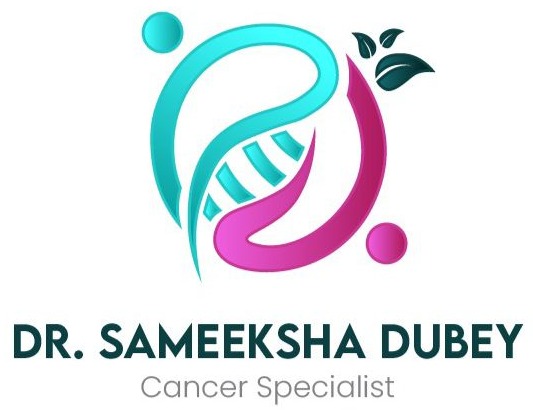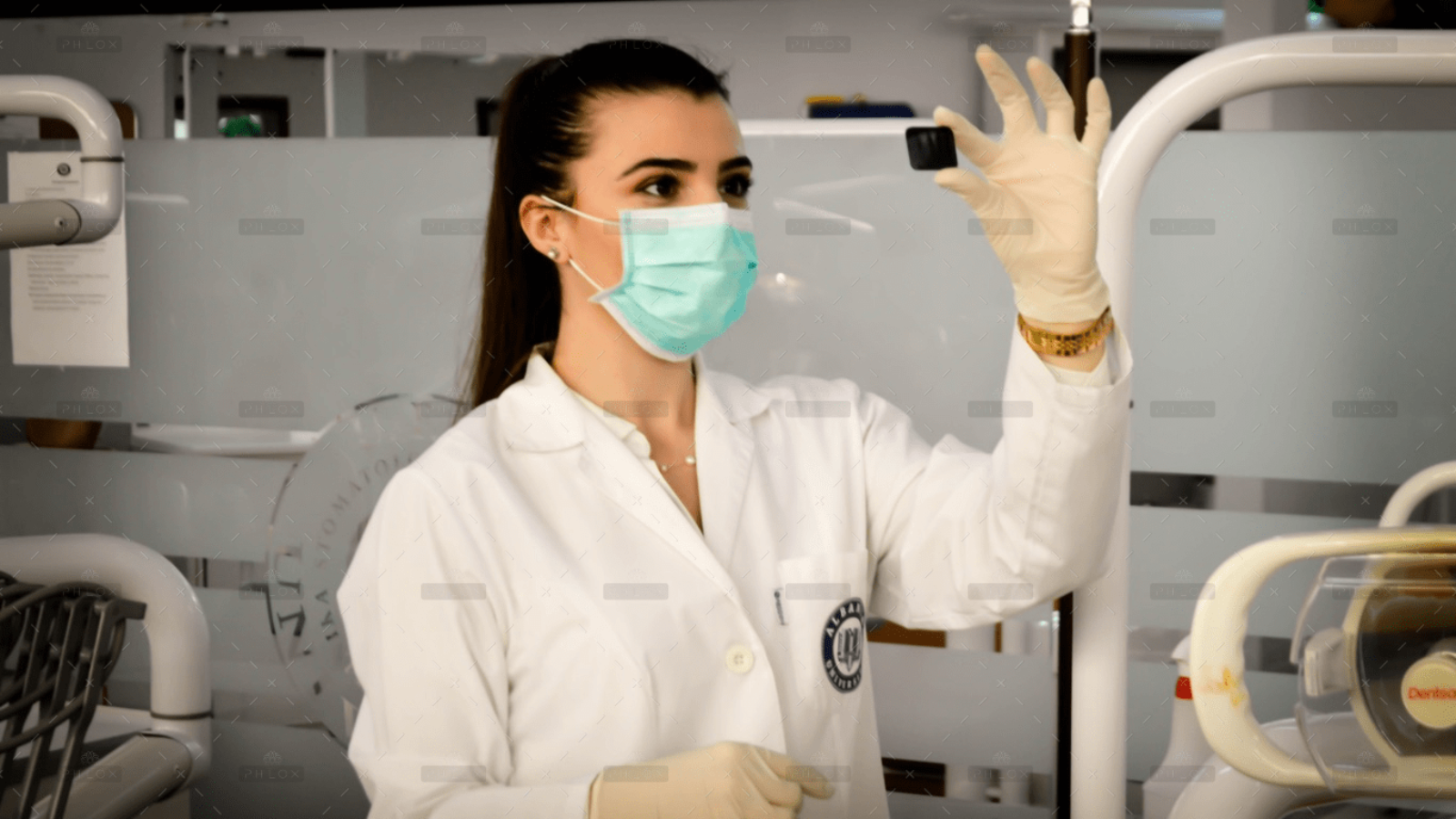Women related cancers still remain a taboo in our country and that has become a major hurdle in their early detection and effective treatment. Due to the over whelming sense of shame associated with them, they are mostly diagnosed at an advanced stage.
There are mainly 4 female associated cancers; breast cancer, ovarian cancer, cervix cancer and uterus cancer. There are effective screening methods available for breast cancer (self-breast examination and mammography) and cervix cancer (Pap smear and HPV viral testing) but ovary and uterus cancers do not have such methods, usually present with non specific symptoms at late stages like abdominal pain, bloating, persistent nausea, difficulty passing urine.
Along with the feeling of shame, there are various misconceptions attached with these gender related cancers, mostly about the cause of disease. Social myths also play role in making women feel reluctant in reporting any symptoms. Women themselves feel that they need to keep their family ahead of any personal need of their own. What they don’t understand is that , they need to remain healthy, to keep the family healthy and happy. Even if they feel the symptoms they are scared of reporting it simply because of the fear of treatment or even just the name of the disease “cancer”.
There is still the need of awareness among women, about the symptoms, treatment options and possibility of cure when a cancer is diagnosed. We need to provide them a safe open minded society which makes them comfortable enough to speak and come forward.
During treatment the most important [part of any decision making process is counselling. All the treatment modalities used for cancer have profound physical and psychological effect on women. Possibility of loosing their body organs like breast , loosing their reproductive capacity, chemotherapy related side effects, long term treatment related toxicities and altering their bodies for life, are the decisions that require time, discussion and support both from their doctors and their loved ones.
The genetic aspects of women cancers like BRCA mutations, their testing, methods, implications if diagnosed positive eon the patient and the family members, is something that is neglected many times during the usual cancer discussion by the patients themselves and at times by the physicians also. But it is the responsibility of the oncologist to make the patient understand the relevance of genetic testing, not just for now but for the future as well.
Lastly, the cancer patient support groups or the survivor group, though available in India, but still seems unable to reach enough people. Groups, not just for the patients who have recovered from cancer, but also for those who are battling it continuously and living with it daily, are the need of the hour. Its not just the medical treatment that matters, but the psychosocial trauma that comes with such a diagnosis should be dealt with utmost care, if we want to give the patient complete holistic treatment.
To conclude it should be emphasized above all things that when a man is affected, it affects one life but when a woman is ill, it affects the whole family. Though there are effective screening and preventive tools are available for women related cancers, the lack of awareness, association of social stigma attached to female related cancers, denial on the patient’s part about the disease diagnosis and treatment, lack of support from society and family , financial burden attached with cancer treatment and overall repression of women in our apparently, socially and economically progressive society has made cancer the epidemic that it is toady and which we shall be dealing with for a long time, if appropriate measures are not taken.
Meet Dr. Sameeksha Dubey, Best Oncologist in Nagpur known for her outstanding qualifications, vast experience, and steadfast commitment to advancing cancer care.

